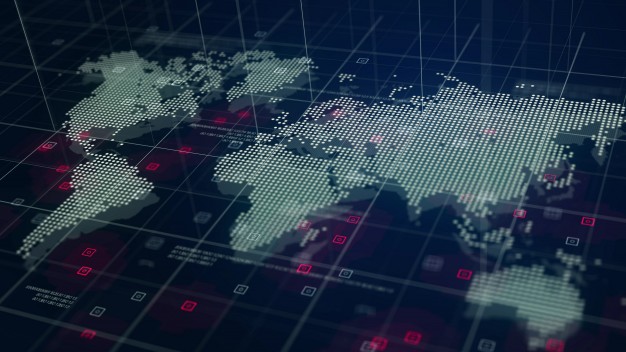Internet of Things (IoT)
One of the most exciting emerging travel technology trends is the Internet of Things (IoT), which involves internet-based inter-connectivity between everyday devices, allowing them to both send and receive data. Already, we are seeing examples of its role within the travel and tourism industry and this is only going to increase.
For instance, IoT technology can be used in hotel rooms to provide customers with a device that connects to everything from the lights, to the heaters and air conditioning, allowing all to be controlled from one place. In airports, meanwhile, luggage cases can be installed with sensors that will alert passengers when they pass by.
Recognition Technology
Finally, recognition technology is especially interesting within this list of key tech trends, due to its potential for removing friction from purchases and making interactions seamless. The technology itself includes finger print recognition, facial recognition, retina scanning and various other biometric identifiers.
Such technology is already being used in some hotels to allow access to rooms via finger prints, or to allow for semi-contactless check-outs. However, in the future, it is hoped that this technology may be able to allow for customers to pay for meals in the hotel restaurant simply by walking through the exit.
Augmented Reality (AR)
Augmented reality is similar to virtual reality, but involves augmenting a person’s real surroundings, rather than replacing them. One of the major plus points of this particular technological trend is that it is cheaper than VR, with users requiring only a smartphone or tablet device which has access to the internet.
Through graphical overlays, those in the tourism industry can greatly enhance the customer experience, providing customers with valuable information or even pure entertainment. For instance, apps can allow for photographs to be augmented through filters and effects. Details about local destinations can also be displayed as a customer points their smartphone at them, providing information at the exact time that it is most relevant.
Robotics
Even a decade ago, the idea of robots being deployed regularly within the travel industry would have seemed like the work of a science fiction writer. Yet, it is becoming increasingly prevalent, with artificially intelligent robots, often equipped with speech recognition technology, being used in place of information points by chains like Hilton.
Robots are also utilized for a variety of other reasons. For example, in airports, they can be used to detect concealed weapons, while some manufacturers are also using robotics to create luggage cases that intelligently follow you. Moreover, travel agents are using robots for pre-screening, making waiting times more productive for customers.

